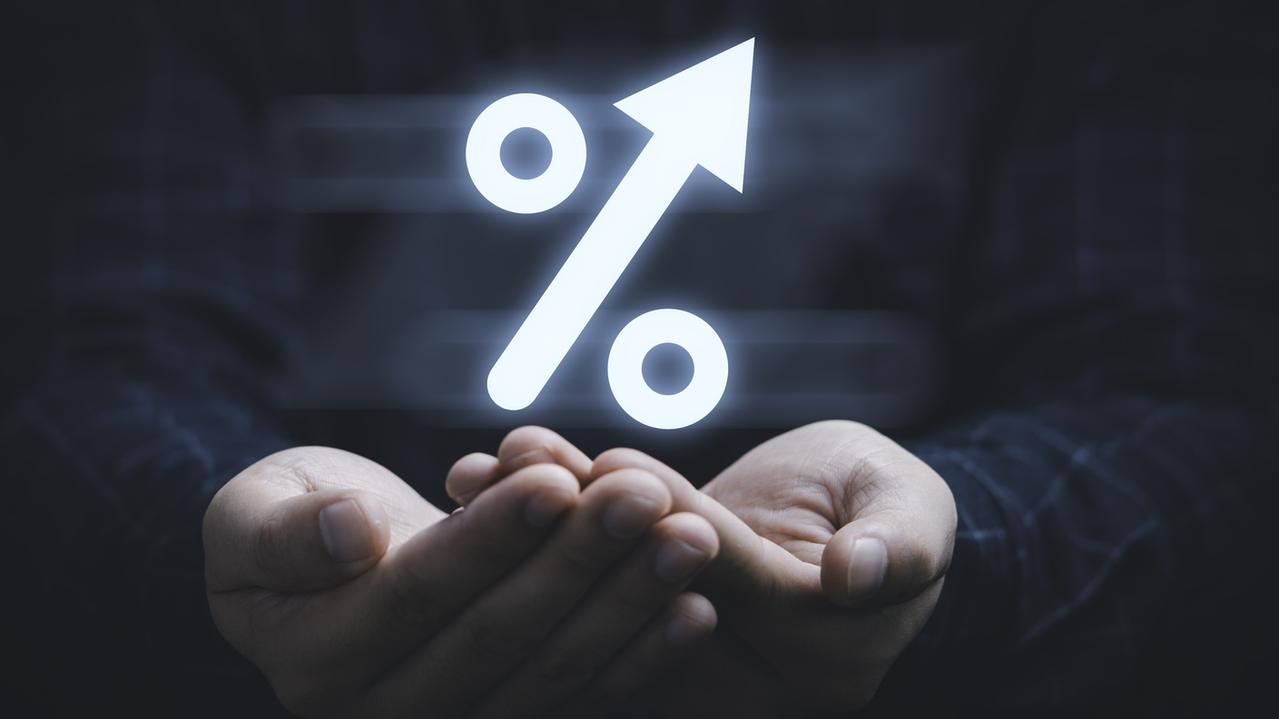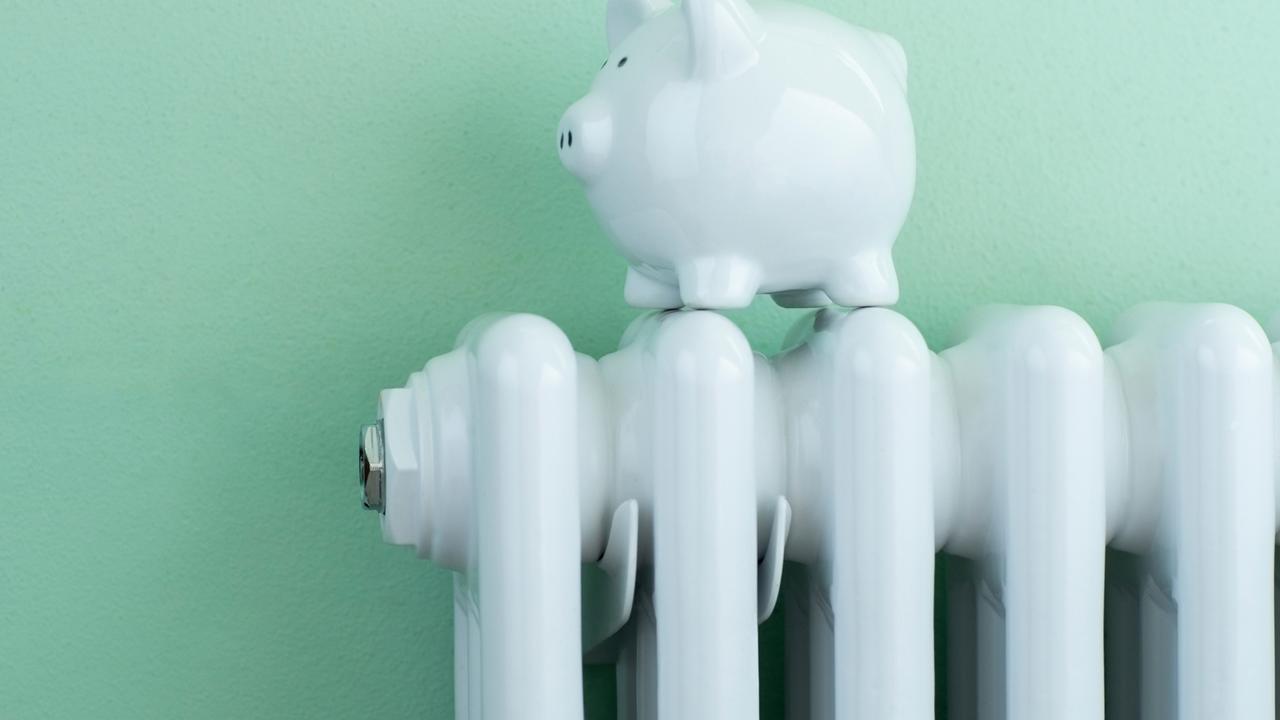Interest rates and inflation: new number masks some hidden rises
The Reserve Bank looks unlikely to raise interest rates after new CPI numbers, but some inflation factors may keep cuts away.

Borrowers will breathe a sigh of relief but savers may be saddened by the release of new Consumer Price Index data showing inflation rose less-than-forecast in the year to September 30.
Economists had tipped annual CPI inflation would be 2.9 per cent, and Wednesday’s Australian Bureau of Statistics figures put it at 2.8 per cent, the lowest since March 2021 and largely thanks to falling electricity costs.
However, trimmed mean annual inflation, which the Reserve Bank of Australia focuses on for its interest rate decisions, fell from 4 per cent to 3.5 per cent and is still above the RBA’s target band of 2-3 per cent. This measure excludes volatile items, including electricity costs that were driven lower by temporary government rebates on bills.
While consumers see CPI as a broad number that makes or breaks their happiness when it comes to household costs, home loans and savings account interest, it’s actually made up of around 100 different household expenses.
These range from milk, bread and pork to postal services, childcare and sporting equipment, and each item has its own story and history of price movements.
Some carry more weight than others, and some look less likely to fall any time soon than others.
Here are five key CPI components that could potentially keep interest rates higher for longer than economists, and even the RBA, expect.
1. RENT
While overall housing costs had a relatively moderate 2.8 per cent annual rise, rents rose 6.7 per cent for the year – still a significant driver of overall inflation.
Rents continue to be propelled higher by low vacancy rates and surging demand from an expanding population combined with not enough homes being built.
2. INSURANCE
Will these pacy rises in premiums for insurance ever end? The new CPI data shows insurance costs climbed 14 per cent in the year to September 30.
That’s more than five times faster than the RBA’s target band, so insurance won’t be helping bring on RBA interest rate cuts any time soon.
3. AUTOMOTIVE FUEL
Lower growth in fuel prices helped keep a lid on overall inflation in the past year, but wars in the Middle East and Ukraine hang over crude oil like a dark cloud.
Then, on top of that, geopolitical volatility around the world could potentially rise to extreme levels depending on what happens with next week’s US election.
4. EDUCATION
The costs of educating our kids is climbing at more than twice the rate of inflation, up 6.4 per cent in 12 months.
Tertiary education is the fastest-riser, up 7.3 per cent annually as demand from international students remains strong.

5. HEALTH
It’s hard to see health costs slowing much more than their latest 4.8 per cent annual rise as our population ages, public sector wages grow strongly and advancements in medical research signal more expensive equipment and treatments.
Medical and hospital services were the biggest component of health inflation, up 5.3 per cent.
Economists say despite Wednesday’s lower-than-expected inflation number, the RBA appears unlikely to cut its cash rate on next week’s Melbourne Cup Day or its following meeting on December 10.
Then it’s a January break for the central bank boffins, so the earliest a rate cut could come in 2025 would be February 18. That would be nearing three years since the RBA began its barrage of 13 rate rises. It’s been a long wait.
More Coverage
Originally published as Interest rates and inflation: new number masks some hidden rises





